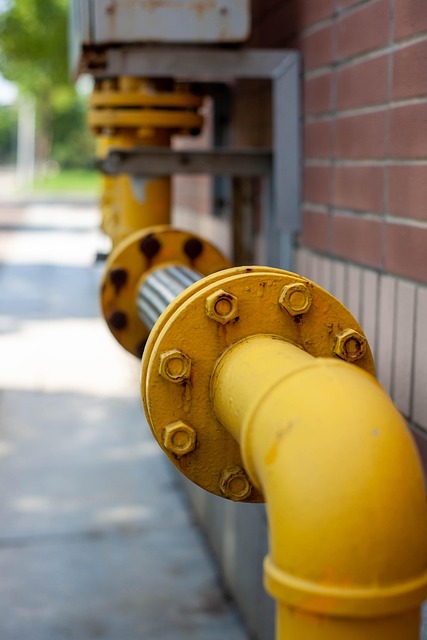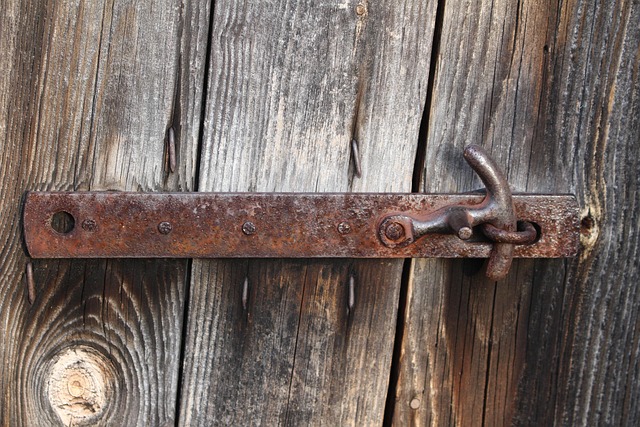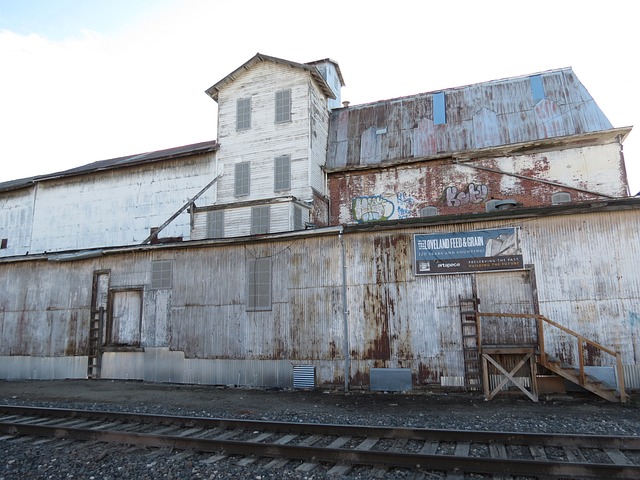Understanding common causes of pipe corrosion – material selection (reactive metals like iron or galvanized steel), water quality issues (hard water, high pH levels, contaminants), environmental factors (moist environments, inadequate drainage, poor ventilation) and age-related wear – is key to preventing costly repairs in plumbing systems. Proactive measures are essential as moisture exposure and corrosive substances accelerate corrosion, leading to structural compromise over time.
“Unveiling the Science Behind Pipe Corrosion: A Comprehensive Guide for Homeowners
Pipe corrosion is a common yet insidious issue that can affect any home. Understanding the science behind it is key to maintaining a safe and efficient plumbing system. This article delves into the ‘Common Causes of Pipe Corrosion’, exploring the fundamental mechanisms driving this process. We’ll guide you through identifying susceptible pipes, offering practical maintenance tips, and discussing modern solutions like innovative coatings—all to empower homeowners in tackling this age-old problem head-on.”
- Common Causes of Pipe Corrosion
- – Explaining the basic mechanisms of corrosion
- – Types of pipes most susceptible to corrosion and why
Common Causes of Pipe Corrosion

Pipe corrosion is a prevalent issue among homeowners, often leading to costly repairs and disruptions in plumbing systems. Understanding the common causes is the first step in prevention. One of the primary culprits is material selection; pipes made from vulnerable metals like iron or galvanized steel are more prone to corrode over time due to their reactivity with water and moisture. Another significant factor is water quality; hard water, high pH levels, and the presence of contaminants can accelerate corrosion by promoting rust formation on pipe surfaces.
Environmental conditions play a crucial role as well. Exposure to moist environments, inadequate drainage, or poorly ventilated spaces can create ideal habitats for corrosion to thrive. Additionally, age is a factor; older pipes are more susceptible due to years of exposure to these elements, leading to weakened pipe walls and increased likelihood of corrosion.
– Explaining the basic mechanisms of corrosion

Corrosion is a natural process that occurs when certain materials, like metal pipes, react with substances present in their environment. This reaction leads to the deterioration and weakening of the pipe’s structure over time. The basic mechanism involves the transfer of electrons between the pipe material and the corrosive agent, usually oxygen or water. When pipes are exposed to moisture, especially acidic or salty water, it initiates a chemical reaction that can eventually result in significant damage if left unchecked.
The most common causes of pipe corrosion include exposure to moisture, high humidity levels, and the presence of corrosive substances like acid, salt, or certain chemicals used for cleaning. Metal pipes, particularly iron, steel, and copper, are susceptible to corrosion when they come into contact with these elements. Homeowners should be aware that even small cracks or leaks can introduce water into the pipe system, creating ideal conditions for corrosion to start and eventually leading to costly repairs.
– Types of pipes most susceptible to corrosion and why

Metal pipes, particularly those made from iron and steel, are most vulnerable to corrosion due to their inherent chemical composition. These materials are reactive, especially when exposed to moisture and certain environmental factors. Over time, this reactivity leads to oxidation, a process that forms rust—the common cause of pipe corrosion. In homes, pipes in basements or areas with high humidity levels are at higher risk because of the constant presence of moisture. Additionally, pipes that come into contact with soil or concrete, which can contain salts and other corrosive substances, are also susceptible. These factors create an ideal environment for corrosion to accelerate.
Common causes of pipe corrosion include not only exposure to water but also air, temperature fluctuations, and chemical contaminants. The presence of salt water or acidic substances in the water supply can significantly increase corrosion rates. Moreover, pipes that have been previously damaged or repaired may weaken the protective coatings, making them more susceptible to corrosion. Homeowners should be vigilant about these potential issues to prevent costly pipe replacements and ensure the longevity of their plumbing systems.
Understanding the science behind pipe corrosion is essential for homeowners to maintain their plumbing systems. By identifying common causes, such as exposure to moisture, incompatible materials, and adverse environmental conditions, you can take proactive measures to prevent costly repairs. Regular inspection and timely replacement of vulnerable pipes, especially in areas prone to corrosion, are key to ensuring long-lasting plumbing health. Remember, addressing pipe corrosion early on not only saves expenses but also safeguards your home’s valuable plumbing infrastructure.
